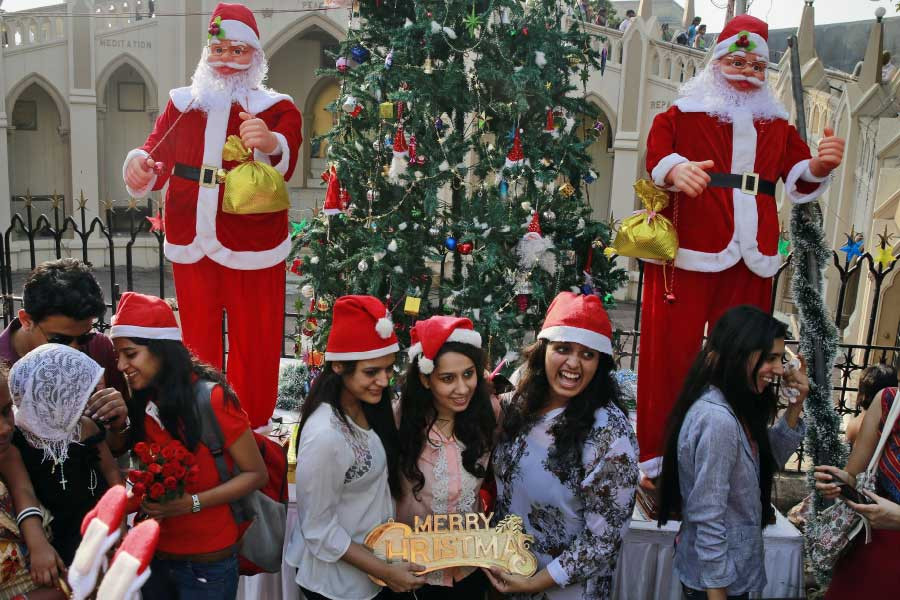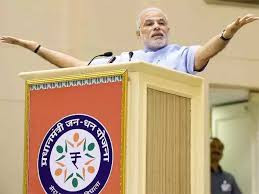"Decoding 'Boro Din': The Cultural Tapestry of Christmas in Bengal"

IIE Digital Desk:The vibrant cultural milieu of Bengal, the term 'Boro Din' affectionately embraces the essence of Christmas. This endearing nomenclature, translating to the 'Big Day,' goes beyond mere linguistic semantics, encapsulating the rich tapestry of tradition and celebration that surrounds the festive season in the Bengali context.
'Boro Din' serves as a testament to the cultural amalgamation that characterizes the festival in Bengal. Beyond its religious origins, Christmas has seamlessly woven itself into the fabric of Bengali society, becoming a symbol of universal joy and communal harmony.
This editorial explores the historical and cultural underpinnings that have led to the widespread adoption of 'Boro Din' as the moniker for Christmas in Bengal. It delves into the unique way in which Bengalis have embraced and personalized the festive occasion, infusing it with local flavors while retaining the global essence of Christmas.
The narrative unfolds to reveal a celebration that transcends religious boundaries, with 'Boro Din' becoming a unifying thread that binds communities together. The editorial perspective emphasizes the inclusive nature of Christmas in Bengal, where the festivities extend beyond religious affiliations, creating a shared space for joy and merriment.
As we navigate the significance of 'Boro Din,' the editorial opinion seeks to unravel the cultural significance embedded in the term. It reflects on the universal themes of love, togetherness, and celebration that resonate during Christmas, showcasing how the festival has evolved into a cherished part of the Bengali cultural identity.
This editorial offers readers a nuanced understanding of why Christmas is affectionately known as 'Boro Din' in Bengali. It invites us to appreciate the cultural synthesis that defines the festival, where the 'Big Day' transcends its religious origins to become a celebration that unites people in the spirit of joy and goodwill.
You might also like!















